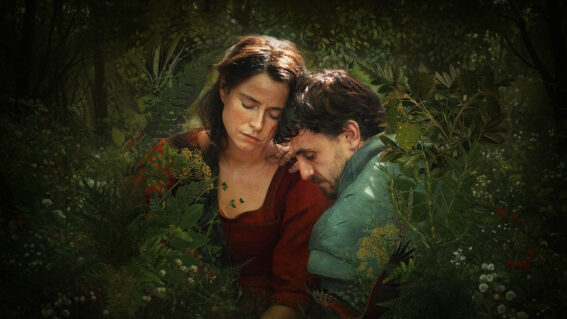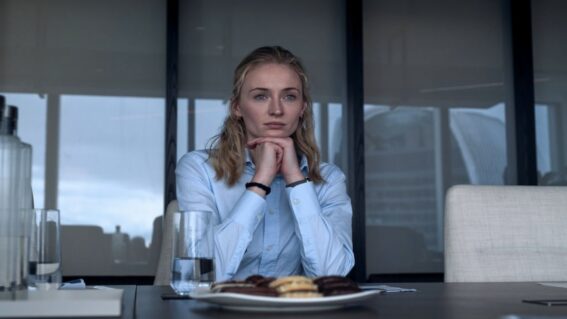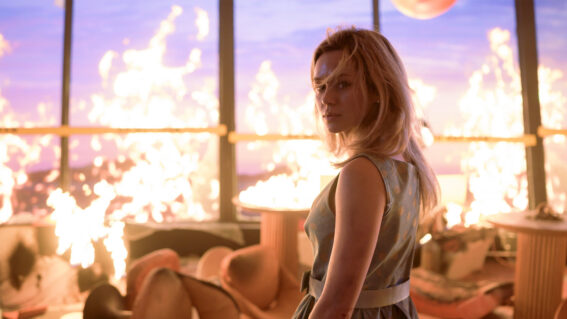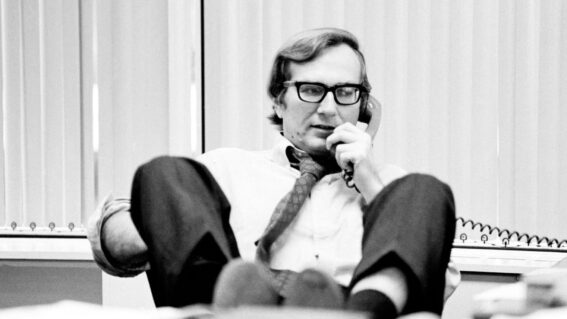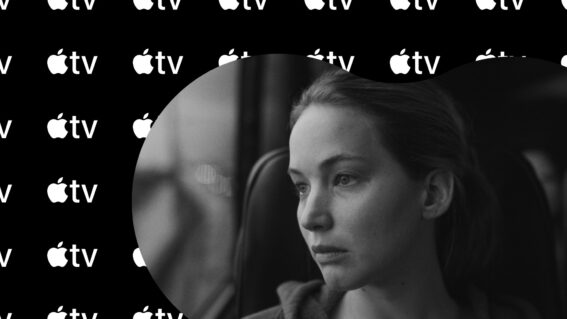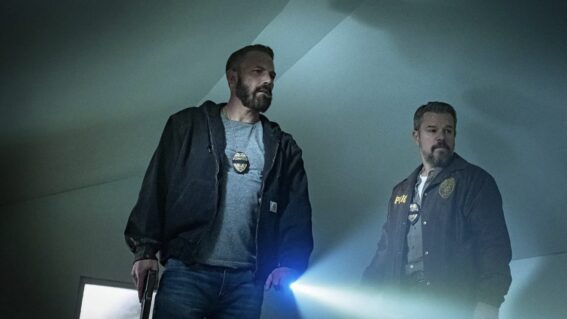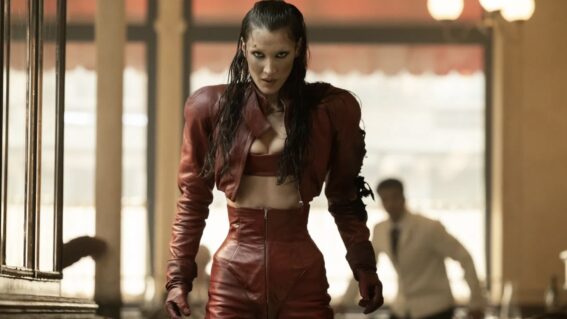My favourite film of 2024? A breezy comedy about monks, guns, and democracy
I saw a lot of films at NZIFF. But in the months that followed, I found myself constantly thinking back to The Monk and the Gun.
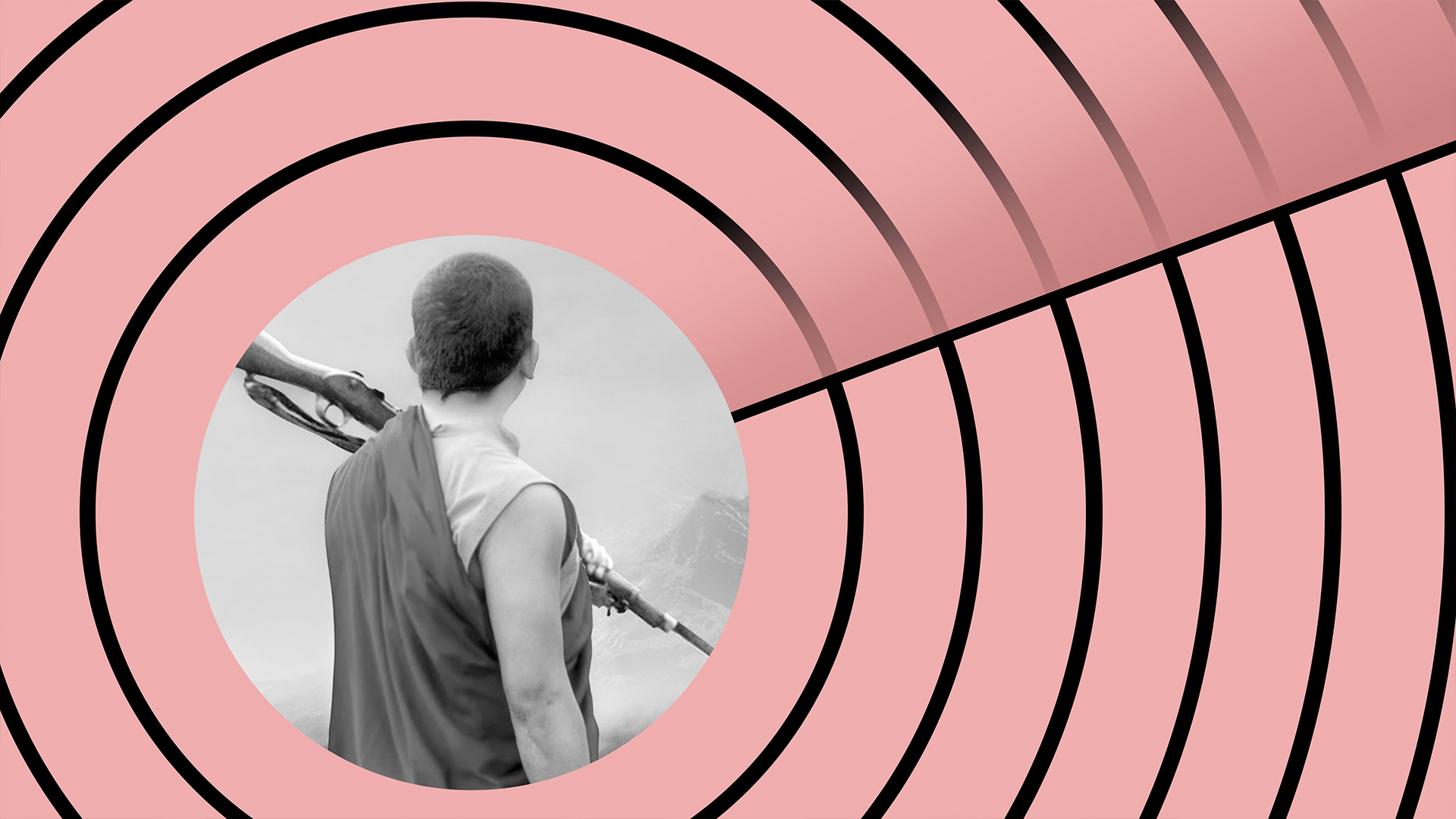
Sick of streaming services recommending you the same kind of stuff? Liam Maguren’s Off the Radar column highlights strange, unique, gimmicky, semi-indescribable titles worthy of your attention. Here, he writes about his favourite film of 2024: The Monk and the Gun.
I like to think most people know that a Best Film doesn’t really exist. We can line a scoreboard with the values of a tight script, stunning cinematography, engrossing performances yada yada yada, but film—and art in general—will always contain that personal element. A subjective beauty. A thing that speaks directly to you.
So when I say my favourite film of the past year was about monks, guns, democracy, greed, tranquility, and the Buddhist nation of Bhutan, it speaks a lot to who I currently am and what I currently value.
And who is that person, exactly? A gentle man with a wispy demeaner? A staunch supporter of a more sustainable world? A jaded film snob trying to look high-minded? Guilty on all three accounts, your honour.
I caught The Monk and the Gun last year at Whānau Mārama: New Zealand International Film Festival. I knew a fair bit about Bhutanese filmmaker Pawo Choyning Dorji’s previous film, the lovely Lunana: A Yak in the Classroom. It was his debut feature, it became Bhutan’s first Oscar-nominated film, and it’s one of the only film productions to be powered by solar energy.
However, I didn’t know a heck of a lot about Bhutan itself. I certainly didn’t know that it became the world’s youngest democracy in 2007, when the film is set.
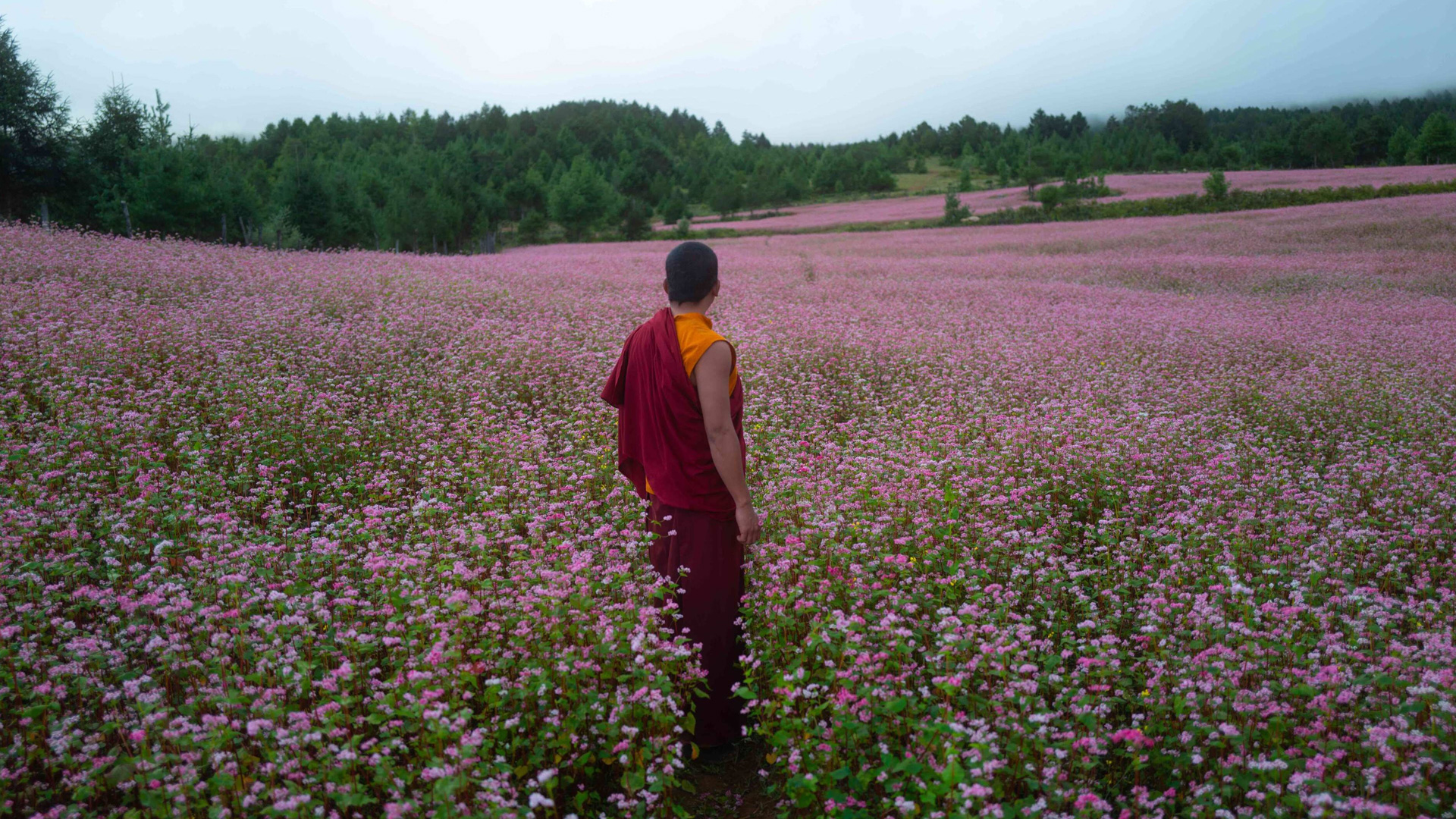
The story kicks off with the king’s announcement to gift his people the power to vote for their next leader, which causes a lama to tell his young monk, “I need guns” to “set it right.” The pupil sees zero issues with this vague and ominous request, merrily starting his quest to find a firearm. His elder knows best, right?
Meanwhile, representatives of the government hold mock elections for Bhutan’s rural community. The intent is to give the people an understanding of how democracy works, but even detailing the concept of voting proves difficult—especially for those who were all good with life under the king’s rule.
And then there’s the American posing as a tourist, covertly looking to purchase a highly-sought-after artifact: a rifle from the Civil War. He has no interest in the history being made around him; he’s only after the history that’ll earn him the big bucks. Ferried around the country by a local, the pair eventually find their seller, only to discover he’s given the gun to someone else. Who exactly? The hint’s in the title.
Thus begins a wry, bendy, cheeky, charming comedy of errors for the yank and his taxi driver. Catching up with the monk is one challenge; trying to convince a man who sees no value in money to sell the rifle is another. It’s a real coyote-roadrunner situation, the film’s many chuckles come from the dumbstruck doofus duo continuously failing to get one over the clear-minded monk.
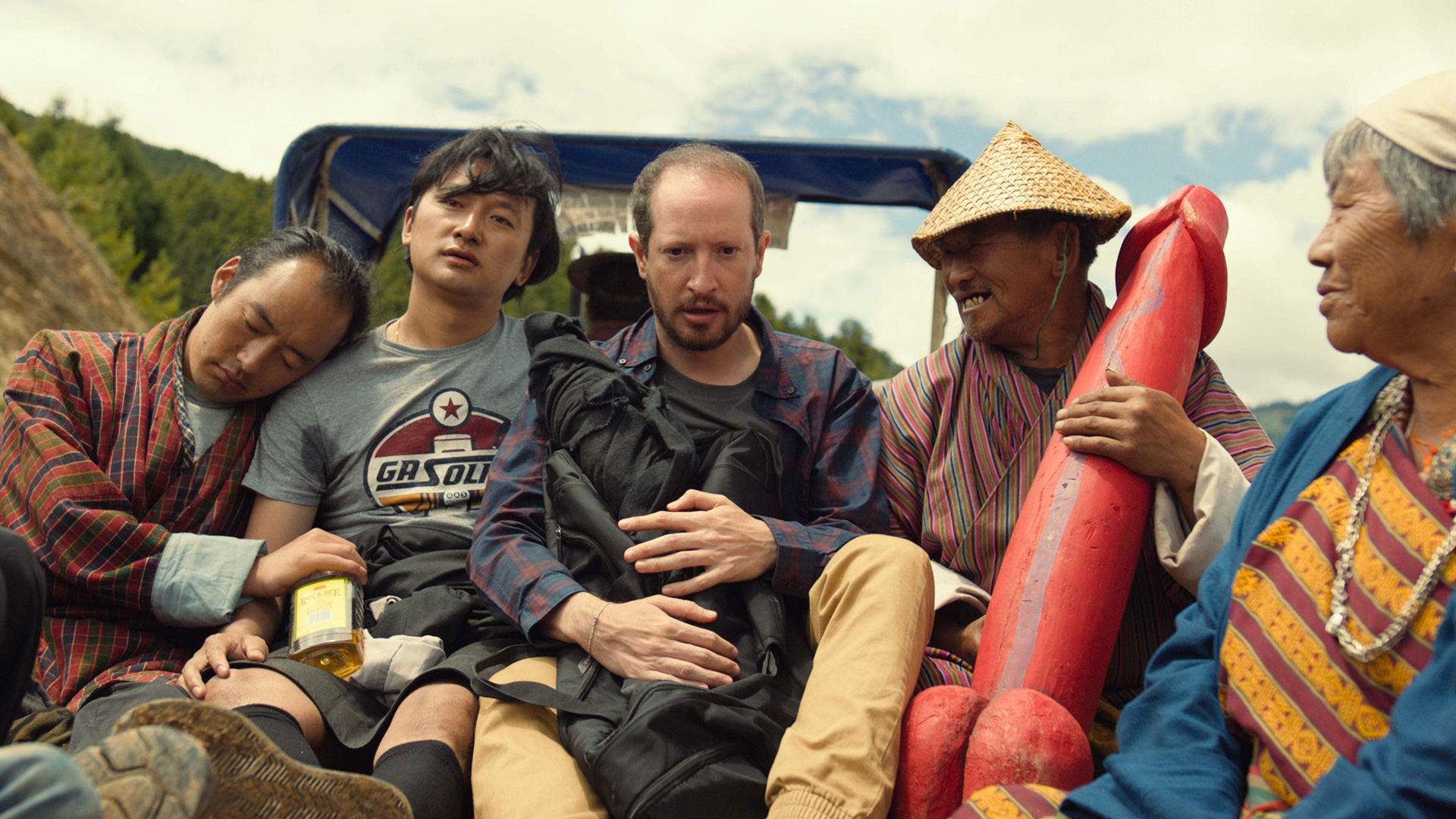
The other bulk of gags come from the Bhutanese people’s confusion at the mock elections, a practice made more puzzling (and low-key hilarious) by the officials struggling to describe the point of it all. These infectiously amusing moments, which I won’t spoil, hold an extra dose of venom to my Westernised mind whose seen our own democratic processes tainted by the wells of misinformation, the will of the wealthy, and a wilderness of online abuse posing as “discourse.”
When rural folk are being “taught” how to participate in democracy by the unfortunately misguided government workers, it feels like we’re watching tiny reflections of the giant issues currently plaguing the world’s oldest democracies. So while Dorji may appear to lightly elbow the ribs of Bhutan, he’s really delivering a wedgie of bungie-jumping proportions to the jocks of the Western world. I found this tasteful satire to be both deserved and deeply cathartic.
Not that Dorji ignores the very real consequences of social division that can comes from heated elections, with the film’s heavier storyline revolving around one man’s passionate campaign resulting in his child being singled out in school. None of that’s funny, and Dorji wisely keeps it that way.
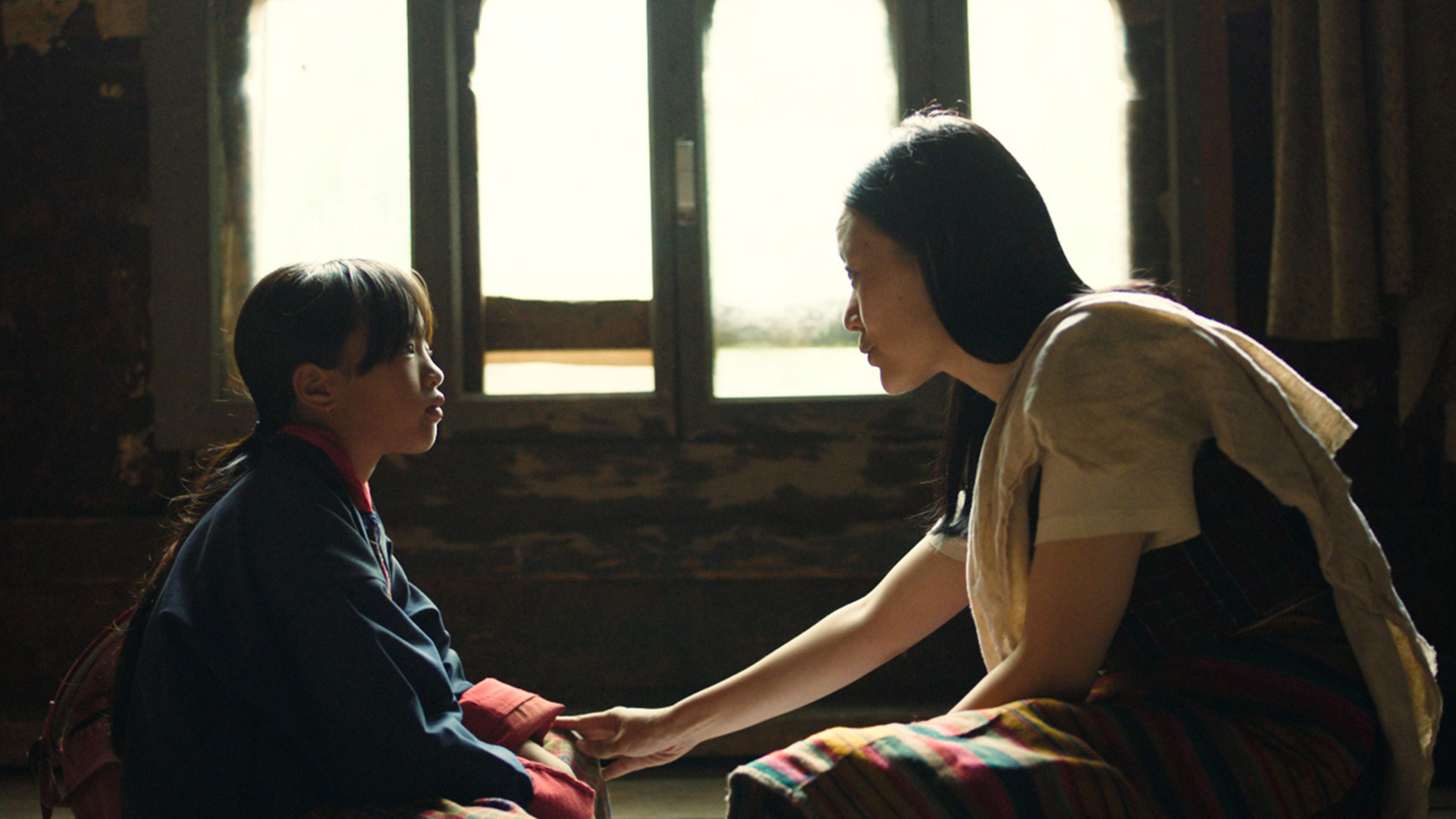
That serious tonal shift also acts as a reminder that, oh yeah, there’s a guy who wants guns to “set it right,” whatever that means. Sure enough, the film’s ending reveals the lama’s full intent—one that’s hard to forget. Looking back on the film, the conclusion seems obvious and inevitable. But in the moment, I was gripped, unsure how all these storylines were going to weave together.
I saw a lot of films at NZIFF. A lot of heavy films, fantastical films, informative films. But in the months that followed, I found myself constantly thinking back to my experience with The Monk and the Gun.
Perhaps it’s because, in that time, we saw America shifting into an oligarchy headed by growth-hungry tech moguls and the country’s first convicted criminal president Donald Trump. I’m feeling pretty burned about the democratic process right now, and while Dorji’s film should by no means be seen as a solvent, it sure feels like a balm of sorts.
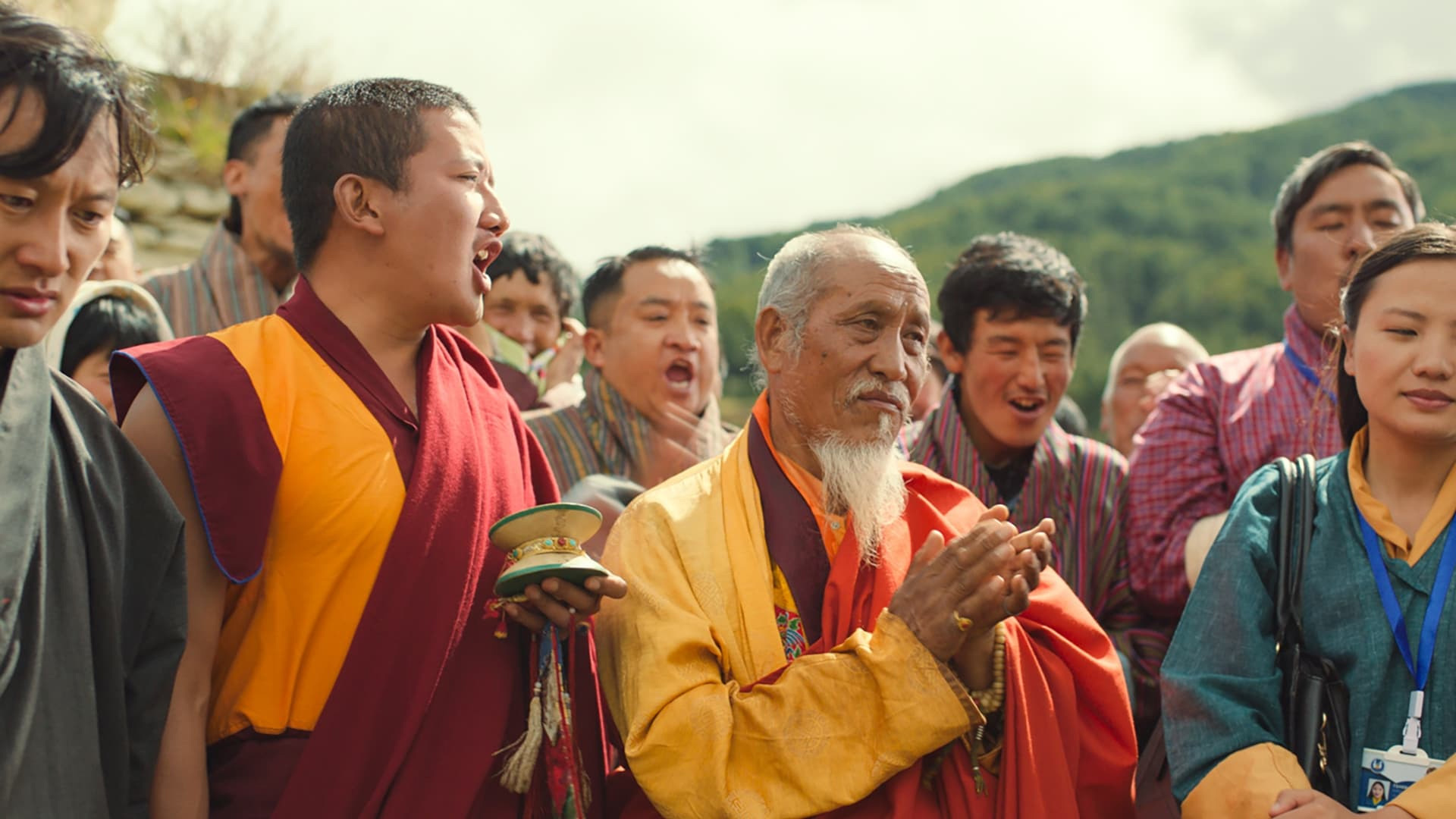
This soothing sensation comes largely from Dorji’s tremendous love for Bhutan, with The Monk and the Gun ultimately revealing itself as a heartwarming ode to a country determined to de-weaponise democracy on their own terms. And while that message continues to reverberate in my head due to the current political climate, the infectious feeling of tenderness from the messenger will likely stay in my heart for much longer.
It wasn’t the prettiest film of the year, even though it has some gorgeous shots of Bhutan’s natural landscape. You’re also unlikely to be wowed by the performances, despite everyone playing it perfectly deadpan. But The Monk and the Gun spun a story that stayed locked in my head, snuggled into my heart, and made me giggle throughout—all in equal measure.
I rarely leave the cinema feeling such contemplative warmth. That’s why it’s my favourite film of 2024.
Thanks for reading. If you’d like to see the 30 films I loved the most in 2024 and where to watch them, I made a list here using Flicks’ new custom lists tool available to members. And if you haven’t already, check out the almighty Flicks’ Favourite Films of 2024.









